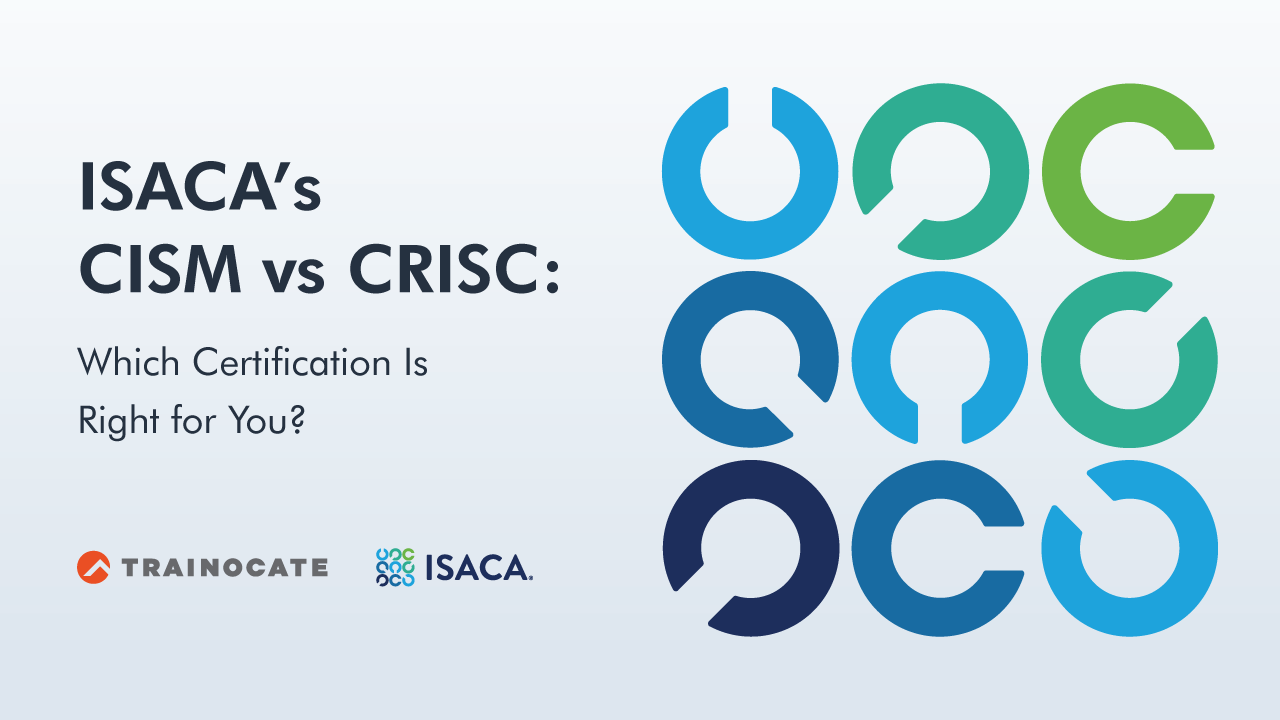Malaysia’s Top Cybersecurity Strategies and Trends in 2024
Malaysia’s Top Cybersecurity Strategies and Trends in 2024

Cybersecurity is a Hot Topic This Year
By 2024, Malaysia aims to be a cybersecurity stronghold, and this article pinpoints the key strategies that businesses and government agencies need to fortify against cyber threats. It scrutinizes the expected advances in AI, the proactive measures underpinning the Cybersecurity Malaysia 2024 framework, and the demand for skilled professionals that will shape the landscape in the coming year.
Key Takeaways
-
AI and Cybersecurity Legislation: The newly passed Cyber Security Bill (RUU Keselamatan Siber 2024) is set to bolster Malaysia’s cybersecurity infrastructure by mandating compliance with specific cybersecurity measures, standards, and processes. This initiative, along with the use of AI, will enhance both detection and defense capabilities against cyber risks.
-
Demand for Skilled Professionals: There remains a high demand for skilled cybersecurity professionals, particularly in areas of governance, risk management, compliance (GRC), and auditing. Certifications from bodies like PECB and ISACA are highly valued, reflecting the importance of specialized knowledge in these areas.
-
Government Initiatives: Key initiatives include the Malaysia Cyber Security Strategy and the National Cyber Security Agency (NACSA)’s efforts, which are vital in safeguarding against cyber threats. The government’s proactive measures underpin the Cybersecurity Malaysia 2024 framework, focusing on governance, risk management, and compliance (GRC) as crucial components of the cybersecurity defense strategy.

Cybersecurity Landscape in Malaysia 2024
In the bustling technological hub that is Malaysia, cyber threats loom around every digital corner in today’s digital world. The past few years have seen a cascade of data breaches and cyber attacks, with the personal information of millions laid bare, as seen in significant breaches. The message is clear: no sector is immune.
In fact, Malaysia was ranked as the eighth most breached country in Q3 2023 according to a cybersecurity report by Surfshark.
E-wallet operators and airlines are not spared either, with major companies wrestling with third-party and ransomware incursions. Even critical health applications, crucial in the nation’s fight against health crises, were not impervious to attack. These incidents are stark reminders of the critical need for advanced cyber security training and robust information security measures across the board.
> AI and Cyber Threats
The role of artificial intelligence (AI) in cyber security is a double-edged sword, enhancing both threat and defense. In today’s dynamic digital landscape, AI-driven threat intelligence is revolutionizing the way we combat cyber threats. Malaysian companies are leveraging AI to strengthen their cyber defenses, receiving real-time alerts for severe issues and zero-day vulnerabilities.
This fusion of AI with cybersecurity offers several benefits, including:
- Fortifying network security
- Paving the way for sophisticated computer forensics
- Enabling ethical hacking techniques
- Guarding information assets against an ever-evolving array of cyber risks
> Government Initiatives
The Malaysian government is actively engaged in the cyber arena, forging the battlefield’s rules and defenses. With the advent of a comprehensive national cybersecurity strategy, detailing governance, innovation, and capacity building, Malaysia positions itself as a formidable force against cyber threats. This strategy, with its strategic pillars and action plans, demonstrates the government’s commitment to safeguarding its digital domain.
Spearheading these efforts is the national cyber security agency, orchestrating the nation’s cyber defense and consolidating expertise to shield critical infrastructures from cyber incursions. Furthermore, the national cyber crisis management plan stands as a bulwark, setting the stage for decisive action during cyber emergencies.

Malaysian Cybersecurity Laws and Regulations
Navigating the labyrinth of Malaysian cybersecurity laws and regulations is a daunting task for any organization. A complex framework of cyber law affects both professionals and businesses, with multifaceted implications for information security.
In the event of cybercrime, a diverse array of agencies, such as CyberSecurity Malaysia, and the United Nations, join forces to investigate and prosecute offenses, demonstrating the nation’s multi-tiered approach to cyber justice.
> Data Protection Act
The Personal Data Protection Act 2010 (PDPA) in Malaysia stands as a sentinel, guarding personal information against misuse. Encompassing a broad spectrum of sensitive data, the PDPA mandates that such information be used exclusively for clearly defined purposes. Processing personal data is an intricate dance, one that must follow the rhythm of the latest regulations to avert cyber incidents and maintain public trust.
Organizations are urged to practice the 7 Principles of Data Protection, a beacon guiding them through the murky waters of data handling. In the unfortunate event of a breach, adhering to the PDPA is not just a recommendation but a requirement, ensuring that the rights and confidence of individuals are upheld.
> Industry-specific Regulations
Sector-specific cybersecurity regulations cast unique shadows on the landscape of industry practices. For Takaful Malaysia, collaboration with specialized service providers is key to navigating these shadows and enhancing their cybersecurity posture in compliance with regulations like Bank Negara Malaysia’s Risk Management in Technology (RMiT).
This adherence to RMiT serves as an exemplar for other financial institutions, demonstrating the profound influence of industry-specific mandates on cybersecurity strategies.

Actionable Cybersecurity Strategies for Malaysian Organizations
Malaysian organizations face the daunting task of continuously evolving their cybersecurity strategies to counteract an ever-changing threat landscape. Implementing rigorous access control reviews and personnel checks, enhancing existing controls, and adhering to acceptable use policies are just the beginning of a long list of strategies that can provide a secure foundation.
> Security Awareness Training
Cultivating a culture of security awareness within an organization is not just about compliance; it’s about creating a knowledgeable workforce capable of defending against cyber threats. Security awareness training empowers employees to recognize and respond to cyber threats, such as phishing attacks, and to practice secure behaviors, like using strong passwords. Such training not only enhances the overall security posture but also benefits the organization by improving productivity and employee retention.
Examples like the Cyber Security Awareness Program for the Public Sector illuminate the positive impact of government initiatives in raising awareness and preparedness against cyber threats.
> Incident Response Planning
In the event of a cyber incident, a well-crafted incident response plan is an organization’s lifeline. Establishing a core response team, maintaining an up-to-date plan, and collaborating with local authorities such as CyberSecurity Malaysia are critical steps in managing cyber incidents effectively.
Malaysian organizations are encouraged to adopt proactive approaches to cybersecurity, which include real-time surveillance and swift response capabilities, along with thorough post-incident analysis to learn and improve.

Cybersecurity Training and Certifications in Malaysia
In the quest to fortify Malaysia’s cyber defenses, training and certifications stand as crucial pillars. Trainocate Malayisa has been working with various cybersecurity giants like PECB & ISACA to ensure professionals in Malaysia had the resources for the best cybersecurity trainings available. Here’s 2 recommended cybersecurity paths that you can take on:
1. PECB ISO Trainings
PECB is known as the premier provider of ISO-certified professional certifications for Information Security Management Systems (ISMS) to safeguard sensitive information to the highest global standards. Get your ISO training today.
Fun Fact: “An ISO certification demonstrates credibility and trust to consumers and business partners, signaling adherence to international quality, manufacturing, and business standards in the global market.”
> PECB Trainings for Beginners
- →PECB-27001INT: ISO/IEC 27001 Introduction
This 1-day Trainocate ISO 27001 introduction enables participants to get introduced to the basic concepts and elements of an information securty management system (ISMS) based on ISO/IEC 27001, it also provides an overview of the main requirements of ISO/IEC 27001 for implementing an ISMS and the main steps to prepare for the certification audit. - →PECB-27001F: ISO/IEC 27001 Foundation
This 2-day training allows you to learn the basic elements to implement and manage an Information Security Management System as specified in ISO/IEC 27001. During this training course, you will be able to understand the different modules of ISMS, including ISMS policy, procedures, performance measurements, management commitment, internal audit, management review and continual improvement.After completing this course, you can sit for the exam and apply for the “PECB Certificate Holder in ISO/IEC 27001 Foundation” credential. A PECB Foundation Certificate shows that you have understood the fundamental methodologies, requirements, framework and management approach.
> PECB Advanced Pathways
- Advanced Path 1→PECB-27001LA: ISO/IEC 27001 Lead Auditor
This 5-day Lead Auditor training enables you to develop the necessary expertise to perform an Information Security Management System (ISMS) audit by applying widely recognized audit principles, procedures and techniques.After acquiring the necessary expertise to perform this audit, you can sit for the exam and apply for a “PECB Certified ISO/IEC 27001 Lead Auditor” credential. By holding a PECB Lead Auditor Certificate, you will demonstrate that you have the capabilities and competencies to audit organizations based on best practices. - Advanced Path 2 →PECB-27001LI: ISO/IEC 27001 Lead Implementer
In this 5-day Lead Implementer training course, it enables participants to acquire the knowledge necessary to support an organization in effectively planning, implementing, managing, monitoring, and maintaining an information security management system (ISMS).After attending the training course, you can take the exam. If you successfully pass it, you can apply for a “PECB Certified ISO/IEC 27001 Lead Implementer” credential, which demonstrates your ability and practical knowledge to implement an ISMS based on the requirements of ISO/IEC 27001.
2. Isaca Cybersecurity Trainings
ISACA, with over 50 years in IS/IT, is a global professional body enhancing digital trust.
Isaca is currently working with Trainocate Malaysia to offer various IS/IT professionals training, resources, and credentials in fields like audit, cybersecurity, and emerging tech.
Isaca Trainings for Beginners
- →CSXF: ISACA Cybersecurity Fundamentals Certificate
In this 3-day fundamental Isaca cybersecurity course, it will help you grasp the essential cybersecurity basics, business impact, professional roles.
There’s 5 advanced paths for you to select once you have the foundations ready.
Isaca’s Advanced Cybersecurity Trainings
- Advanced Path 1→CISA: Certified Information Systems Auditor
CISA the gold standard of excellence in IS auditing, control, and security. In this 5-day course, you are able to gain the knowledge and technical concepts required to obtain CISA certification. - Advanced Path 2→CISM: Certified Information Security Manager
In this 4 days course, you will be able to learn how to assess risks, implement effective governance and proactively respond to incidents. - Advanced Path 3→CGEIT:Certified in the Governance of Enterprise IT
In this 4 days course, you will learn to to assess, design, implement and manage enterprise IT governance systems aligned with overall business goals. - Advanced Path 4→CDPSE:Certified Data Privacy Solutions Engineer
In this 4 days course, you are able to learn the technical skills and knowledge it takes to assess, build and implement a comprehensive privacy solution. - Advanced Path 5→CRISC:Certified in Risk and Information Systems Control
CRISC is the only credential focused on enterprise IT risk management. This 4-day course prepares and enables IT professionals for the unique challenges of IT and enterprise risk management, and positions them to become strategic partners to the enterprise.
Summary
The journey through the intricate web of Malaysia’s cybersecurity landscape is one of continuous learning and adaptation. From the critical role of AI and government initiatives to the complex legal framework and the dynamic job market, the insights shared here provide a guiding light for those navigating this domain. Let the strategies, trends, and case studies discussed herein serve not only as knowledge but as inspiration to fortify your cyber defenses and propel Malaysia’s digital future.





